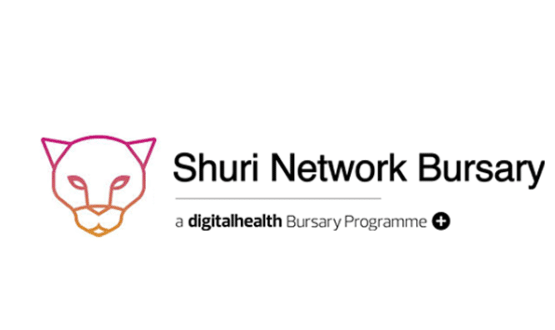SNOMED made free to low income countries
- 15 January 2009
Free licenses for the use of SNOMED CT are to be made available to users in 47 low income countries, under an international initiative announced this week to spread use of health information standards.
The International Health Terminology Standards Development Organisation (IHTSDO) said it will make the affiliate Licenses for the use of SNOMED CT available to users in low income countries free of charge.
The initiative forms part of IHTSDO’s commitment to enable broader use of standardised clinical terminologies world-wide.
By making it easier to use SNOMED CT it is hoped it will become easier to increase access to standards-based solutions that enable the safe exchange of health information.
"Having accurate and reliable health information when and where needed saves lives and saves time," said Dr Jennifer Zelmer, IHTSDO’s chief executive officer.
Healthcare providers and other organisations in the 49 countries categorised as low income economies by the World Bank will be able to obtain SNOMED CT Affiliate Licenses free of charge.
They will be able to use the terminology in public health information systems, electronic health records, health research, and other applications as part of the initial phase of a program to expand access to SNOMED CT.
Over half of the countries covered by this initiative are in Africa. The remainder are located in the Asia/Pacific and Americas regions.
Dr Sally Stansfield, executive director of the Health Metrics Network. "Standard terminology is a crucial platform for this Framework. We are delighted by this generous and visionary decision by IHTSDO, which will accelerate progress towards both better information and better health."
In a resolution passed by the World Health Assembly in May 2006, all 192 UN member nations committed to using a common Framework and standards for health information systems.
One example of SNOMED CT use is in the Millennium Villages Project (MVP), which plans to use SNOMED CT in the Millennium Global Village-Network, a health information system that supports primary care in rural communities in Africa to achieve the international Millennium Development Goals. These goals include reducing the child mortality by two-thirds and halting the spread of HIV/AIDS by 2015.
“The Millennium Villages Project is committed to strengthening health systems in an open and interoperable manner. We understand that a global framework or architecture for health information systems requires a standard reference terminology. We have chosen to map our dictionaries to SNOMED CT in all ten MVP countries in Sub-Saharan Africa,” says Dr. Andrew Kanter, director of health information systems/medical informatics for the Millennium Villages Project.
Link




